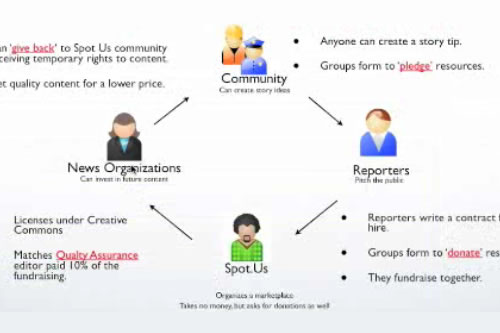The concept of “manufactured consent” remains relevant in an era of rapid media development. This theory suggests that the media purposely or not shape public opinion by selectively presenting information that serves specific political and economic interests. Let us use an example to illustrate the difference between these phenomena.

In the aftermath of an environmental crisis, media coverage played a key role in shaping public perceptions. Media coverage of a major oil spill that occurred in a remote area. The media, often influenced by corporate interests, covered the event through a lens that downplayed the environmental impact. Reports highlight only the quick response of the oil companies and show pictures of the clean-up effort, while downplaying the long-term ecological consequences.

The way these factors interact highlights the relevance of “manufactured consent” in today’s media environment. As consumers of information, we need to take a critical view of the news in some of these stories, understanding that the media are not neutral purveyors of facts but are influenced by networks of interests. Through the mechanisms involved, we can quickly interpret information.
In conclusion, recent events have highlighted the enduring significance of “manufactured consent” in shaping public opinion through media narratives. In these days of advanced information, we must become readers with the ability to exercise our own power of judgment, to realize that there are potential biases in the news from the time it is written to the time it is released, and that we should not rely solely on news reports to follow the information on the internet to understand the world around us.
Reference
1.www.internetmatters.org. (n.d.). 流行的平台正在采取哪些措施来阻止假新闻在线传播? | 互联网事务. [online] Available at: https://www.internetmatters.org/zh-CN/hub/news-blogs/stopping-the-spread-of-fake-news-on-popular-online-platforms/.
2.OANDA Lab. (n.d.). 什麼是原油?. [online] Available at: https://www.oanda.com/bvi-ft/lab-education/oil/01/ [Accessed 21 Nov. 2023].
3.
Fiore, S. (2010). Journalism Is A Process, Not A Product. An Interview With David Cohn From Spot.us • Digicult | Digital Art, Design and Culture. [online] Digicult | Digital Art, Design and Culture. Available at: https://digicult.it/digimag/issue-051/journalism-is-a-process-not-a-product-an-interview-with-david-cohn-from-spot-us/ [Accessed 21 Nov. 2023].


“Communication is the art of creating consent.” The art of creating consent with science provides a deeper level of understanding and creates the right context with effective communication to change relationships and create consent.
I think you make a good point that its importance lies in its impact on shaping public opinion and controlling the flow of information. It refers to the manipulation of information by institutions such as the media and government to garner support for certain policies or actions. Understanding and questioning the mechanisms behind “consent manufacturing” is essential to maintaining an informed and critical citizenry in a democratic society.